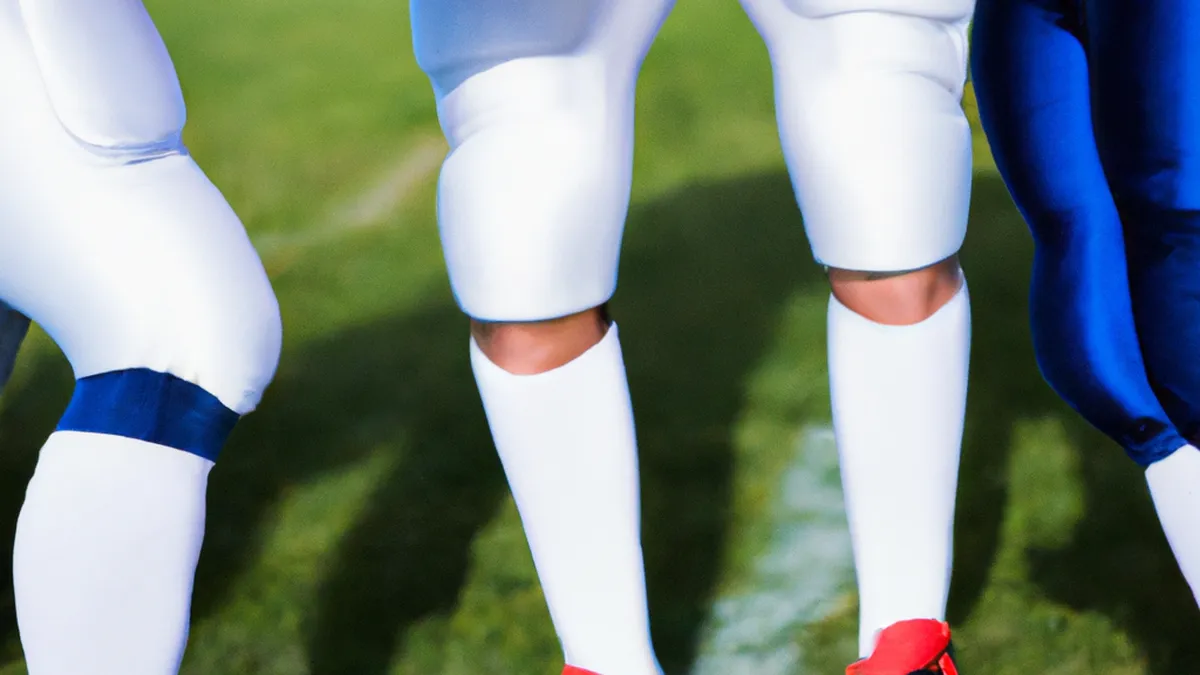Strategic Nutrition for Athletic Performance
Planning Nutrition Timing During the Race
As an Amazon Associate I earn from qualifying purchases.
Gear tip: consider running shoes, gps running watch and hydration vest to support this workout.
Nutrition significantly impacts athletic performance, especially for endurance athletes such as runners, cyclists, and triathletes. You can influence your energy levels and overall performance through nutrition timing. Proper fueling enhances endurance, prevents fatigue, and optimizes energy levels. Knowing when to eat or drink during a race is essential for your best performance. This guide explains how to effectively plan your nutrition timing for races.
Understanding Your Energy Needs
Every athlete has unique energy requirements based on race distance, intensity, and metabolic rates. For instance, marathon runners have different demands than sprinters or triathletes. Assess your specific energy needs as the first step in planning your nutrition strategy.
To determine your energy needs, consider your race pace and expected duration. Longer races often require more frequent fueling than shorter events. For example, during a marathon, replenish carbohydrates multiple times, while a 5K might need only a small snack or gel beforehand. Use your training sessions to test various fueling strategies and discover what works best for you.
Pre-Race Nutrition
Nutrition begins days before race day. Focus on carbohydrate loading to maximize your glycogen stores in the lead-up to the race. Aim to consume 7-10 grams of carbohydrates per kilogram of body weight before the event. This strategy ensures your body has enough energy reserves for endurance events.
On race day, eat a light meal about 2-3 hours before starting. This meal should include easily digestible carbohydrates like oatmeal, bananas, or energy bars. Avoid high-fiber or fatty foods to prevent gastrointestinal discomfort during the race. Hydrate adequately before the race, as proper hydration supports optimal performance.
Nutrition During the Race
Timing your nutrition during the race is crucial for maintaining energy levels. Aim to consume carbohydrates every 30-45 minutes to sustain your energy and delay fatigue. Quick fueling options like gels, chews, or sports drinks provide easily digestible carbohydrates for rapid absorption.
Hydration also plays a vital role on race day. Drink water or electrolyte-rich fluids every 15-20 minutes, adjusting for race intensity and environmental conditions. Staying hydrated helps maintain blood volume and thermoregulation, essential for optimal performance. Consider the weather on race day; hot and humid conditions may require more fluid intake to prevent dehydration.
Practice Your Nutrition Strategy
Test your nutrition plan during training for success on race day. Use long runs or rides to refine your approach.
Conclusion
In summary, effective nutrition timing enhances performance. Assess your energy needs, plan pre-race meals, and practice fueling strategies.
Below are related products based on this post:
FAQ
What is the importance of nutrition timing for endurance athletes?
Nutrition timing is crucial for endurance athletes as it significantly impacts energy levels and overall performance. Proper fueling helps enhance endurance, prevent fatigue, and optimize energy levels during races, making it essential to know when to eat or drink for the best performance.
How should I plan my pre-race nutrition?
Pre-race nutrition should begin days before the event, focusing on carbohydrate loading to maximize glycogen stores. Aim to consume 7-10 grams of carbohydrates per kilogram of body weight. On race day, eat a light meal 2-3 hours before the race with easily digestible carbohydrates, and ensure adequate hydration to support optimal performance.
What should I consume during the race to maintain energy levels?
During the race, aim to consume carbohydrates every 30-45 minutes to sustain energy and delay fatigue. Quick fueling options such as gels, chews, or sports drinks provide easily digestible carbohydrates for rapid absorption. Additionally, hydrate with water or electrolyte-rich fluids every 15-20 minutes, adjusting according to race intensity and environmental conditions.















Post Comment